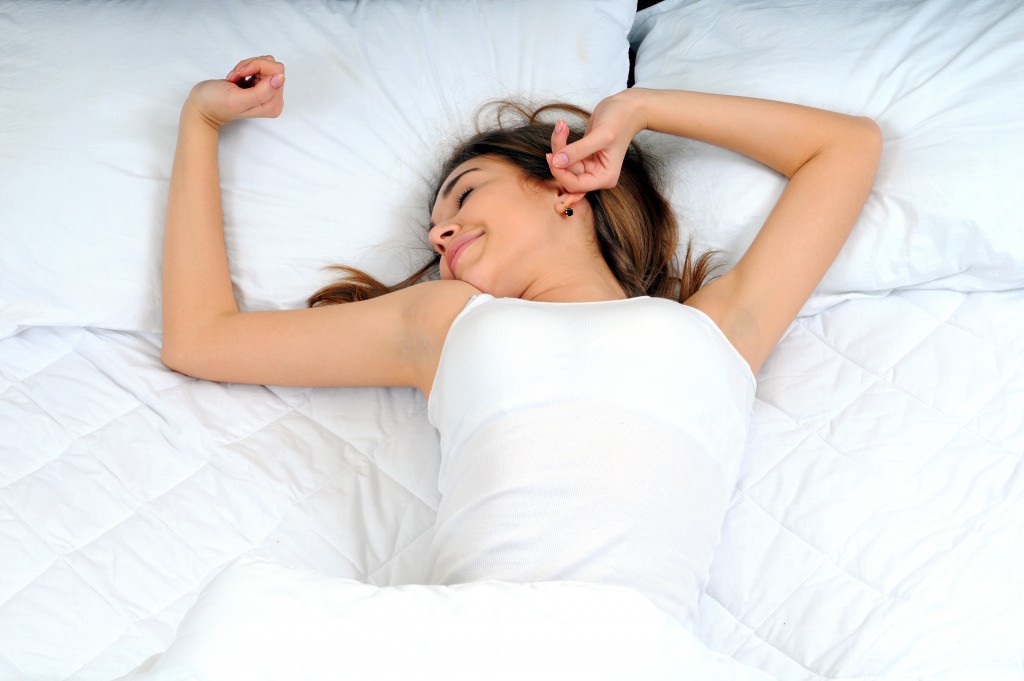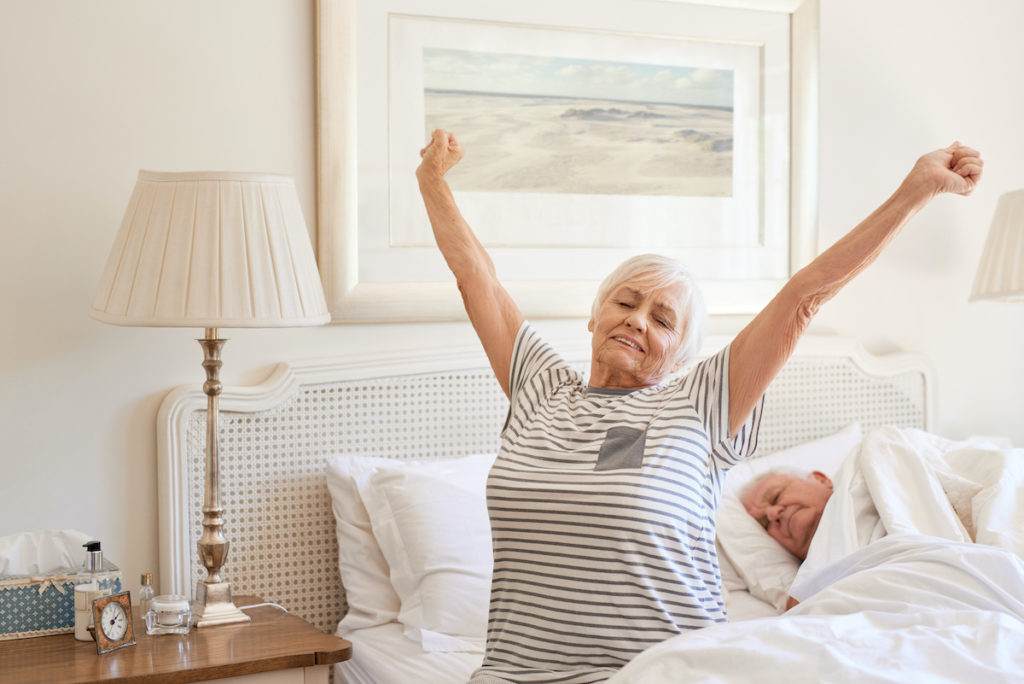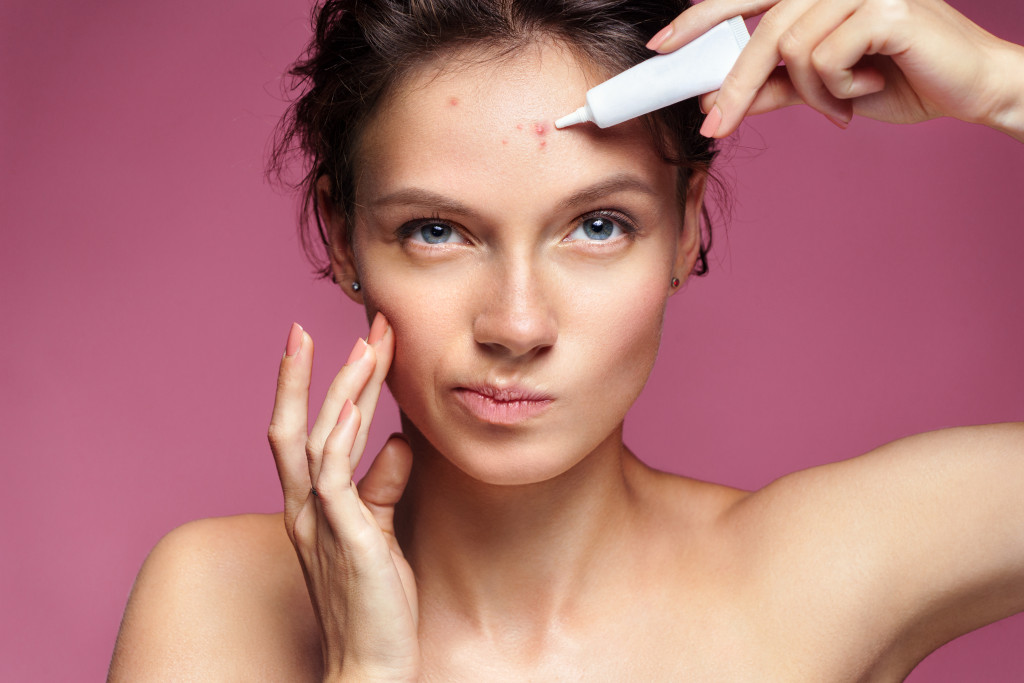As we grow older, we experience different types of disturbances in our sleep. Whether it’s going to work in the wee hours of the morning, pulling an all-nighter since we have to finish a task, or simply not being able to sleep from different factors and reasons. But biologically, our sleeping pattern changes as we age.
If you haven’t noticed, many elderly individuals tend to sleep earlier, wake up earlier in the morning, and have a hard time experiencing deep sleep. But we’re sure that nobody wants to have disturbed sleep, waking up like they’re still missing a couple of hours of sleep, or having insomnia. As you can tell, a disturbed sleeping cycle isn’t part of the normal process of aging.
Why Do We Need Sleep?
Naturally, sleep is an integral part of our overall well-being, even when you’re older. Having a good night’s sleep won’t only help improve memory and focus. It allows the body to repair any forms of damage, refresh your autoimmune system, and mitigate the formation of certain diseases.
However, oldest individuals will usually have a disturbed sleeping cycle will more likely suffer from attention and memory problems, anxiety, occasional depression, and sleeping during the daytime. In more severe cases, not getting enough sleep might increase the risk of diabetes, breast cancer among women, and weight problems.
It’s essential to get to the root of the problem for us to improve our sleeping habits and the quality of our sleeping cycle. No worries, these tips will help guide the process of overcoming aging problems related to sleep. We want you to get a good night’s sleep and be fully functional when you wake up!
Getting a Good’s Night Sleep
As you age, your body produces fewer hormones, which leads to a decrease in a deep sleep. If you’re not deeply asleep, then a part of you is still conscious, and that can place a bit of strain on your sleeping cycle.
But other than an imbalance in your body’s biochemistry, a disturbed sleep cycle is usually caused by emotional turmoil or some form of distress.
Fret not, with this step-by-step guide, you’ll be able to get the right amount of undisturbed sleep.

Identify Your Problems
First and foremost, identifying the root cause of these issues will help concoct a solution to these problems.
Ever wonder why most elderly individuals are called light sleepers when they’re older? Most older adults tend to produce less melatonin, which means that they’re easier to wake up and have more fragmented amounts of sleep a night.
The two major factors that you’ll notice are:
- Sleeping earlier in the early hours of the evening and waking up during the wee hours of the morning.
- Spending a long time in bed and struggling in trying to fall asleep. Most of the time, elderly folks will fall asleep during the daytime to make up for this.
But don’t get flustered; these aren’t necessarily underlying symptoms of a sleeping problem, and are just side-effects of the aging process. At some point, you’ll be able to get yourself a regular schedule for your sleeping habit.
Natural Ways of Boosting Melatonin
Since melatonin is the primary hormone responsible for a good night’s sleep, it’s only rational that we do some practices to increase its production.
Here are some natural ways of boosting melatonin:
- Artificial light can usually trick the body into thinking that it’s still day time. Using dim lights can help increase the production of melatonin.
- If you’re interacting with a device, it’s best not to use one with a backlit screen.
- Keep your room quiet, muffled, and a bit cool. You’ll usually feel sleeper in colder temperatures.
- Being conscious of time can cause anxiety when you sleep. You can move clocks out of view, for the time being.
- Physical intimacy is another way of increasing melatonin levels. Just remember: there’s no hurt in asking for consent from your partner and ensuring that everything is not forced.
Keeping Yourself Busy
One guaranteed way of ensuring that you get yourself a good night’s sleep is by keeping yourself active throughout the day. Expending the needed amount of energy that you have through exercise can help the production of melatonin. Other hobbies, such as self-publishing a book, meditating, reading, and woodcarving, can keep your mind busy.
Overall, there are lots of ways of getting a good night’s sleep. Usually, it’s getting your body conditioned to a regular schedule that your mind is used to.
There’s also no hurt in seeing a medical practitioner regarding your sleeping habits. Most experts use Cognitive-behavioral Therapy to treat sleeping issues. Sleeping problems are usually caused by emotional and psychological issues. Therefore, addressing these issues can help get a good night’s rest.







